Voices of UN is a journalism project for untold stories from inside and around the United Nations system.
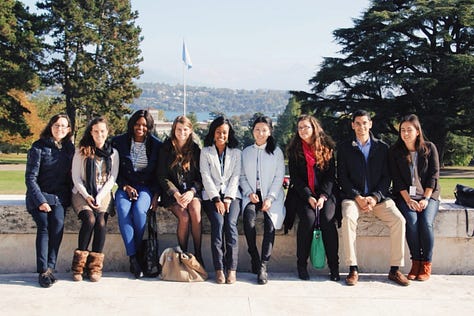

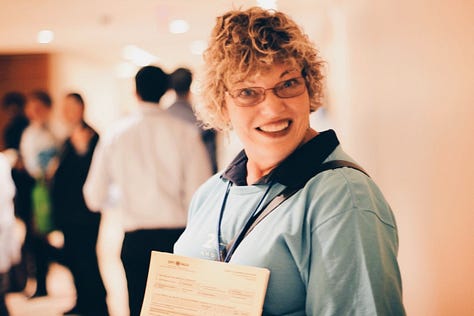
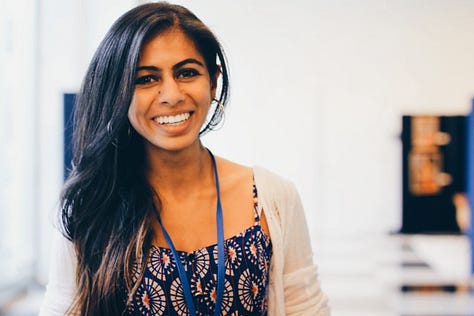
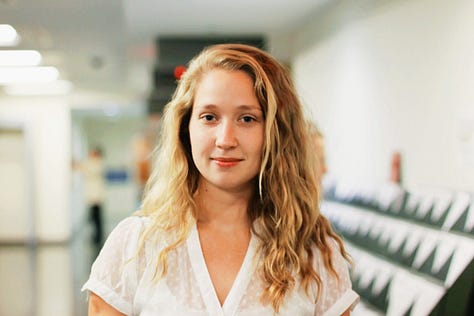
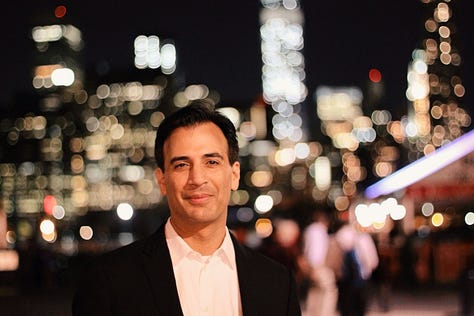

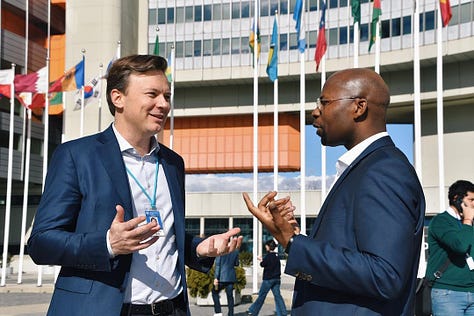
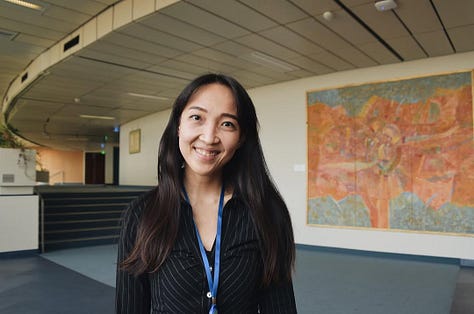
🌱 From Humans of UN to Voices of UN
This project began in 2014 as Humans of UN, inspired by the Humans of New York style of storytelling. Back then, it was a personal initiative by Li Mengting as a then UN staff member to capture the humanity behind the blue flag — the small moments of resilience, humour, and struggle that make up daily life in duty stations, field missions, and headquarters corridors.
Humans of UN resonated widely because it gave colleagues and peers something they rarely had: a chance to be seen as people, not just as job titles or functions. It was intimate, empathetic, and deeply human.
But over time, the limits of that format became clear. While human stories mattered, there were deeper silences and harder truths that also needed to be told — stories about systems, power, failures, and ideals betrayed or forgotten.
And so, Humans of UN evolved into Voices of UN: keeping space for personal stories, but expanding into field reflections, testimonials, interviews and critical opinions that show not only the human face of the UN, but also the structural challenges behind it.
🎯 What We Stand For
Accountability through storytelling: Institutions preserve their integrity not by silencing critique, but by confronting it.
Reform through truth-telling: Real change begins when people dare to speak.
Belief in global cooperation: We still believe in the mission of the UN — but not at the cost of integrity.
✍️ Who We Publish
We welcome contributions from:
Current and former UN staff
Consultants, volunteers, and observers
Those whose lives have been shaped by the UN system
Stories may be signed, anonymous, or pseudonymous. We provide editorial support and protect confidentiality when requested.
📣 Why We Exist
Voices of UN is not here to discredit the institution but to break the institutional silence that too often protects bureaucracy instead of people, and to reclaim the ideals of the UN Charter through truth-telling and accountability. It is here to illuminate what the UN has become — and what it could still be, if it dared to change.
Because institutions don’t shape history. People do. And their voices matter.


